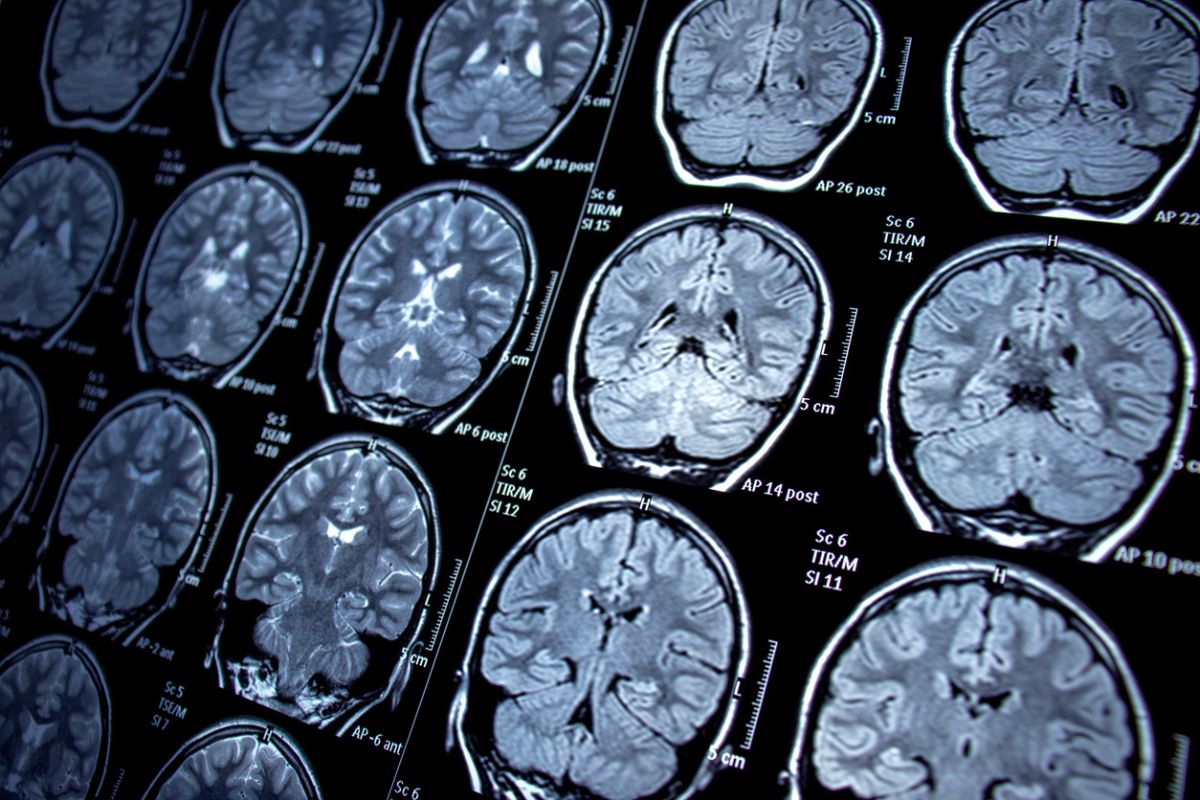MDMA, also known as “Molly” or “ecstasy,” continues its shift from the party scene into psychiatry. A recently published Nature Medicine paper suggests that the drug is astonishingly effective for treating post-traumatic stress disorder (PTSD).
The 18-week Phase 3 MAPP2 trial is the first study to investigate MDMA-assisted therapy for moderate-to-severe PTSD. Yale researcher Jennifer E. Mitchell led the trial as part of the Multidisciplinary Association for Psychedelic Studies (MAPS) program. Researchers randomly assigned 104 participants with diverse backgrounds to receive either MDMA with conventional therapy or a placebo with therapy.
Nearly 90 percent of subjects who took the special MDMA-assisted therapy reported significant improvement. Almost half were considered fully recovered by the end of the trial. In comparison, in the group that didn’t get the MDMA therapy, only about 21 percent of subjects reached full recovery.
Antihypertensive Medications and PTSD Incidence
How ‘Sleep Spindles’ May Help Regulate Anxiety in PTSD
Mediating Role of Tonic Immobility and Peritraumatic Dissociation in PTSD
How It Works
MDMA is a psychoactive compound that affects brain chemistry. It increases the release of certain neurotransmitters, including serotonin, dopamine, and norepinephrine, which are involved in mood regulation and emotional processing. The drug may also have empathogenic and entactogenic effects that promote feelings of emotional openness, empathy, and connectedness.
Additionally, the compound decreases activity in the amygdala, the brain region responsible for fear and emotional responses. This biochemical interplay potentially mitigates the hyperarousal and intrusive thoughts often associated with PTSD.
MDMA-assisted therapy combines the use of MDMA with psychotherapy sessions. In this study, the drug seemed to enhance the therapeutic process by reducing fear and anxiety, promoting emotional introspection, and facilitating the processing of traumatic memories. Participants on MDMA-assisted therapy clearly saw more reduction in PTSD symptoms and functional impairment than those on the placebo.
Potential Approval
MAPS Public Benefit Corporation (MAPS PBC), a subsidiary of MAPS, administered the trial. In a press release, the organization said that it’s compiling data from 18 MAPS-sponsored Phase 2 and Phase 3 studies to form the basis of a New Drug Application, expected to be filed with the US Food and Drug Administration (FDA) later this year.
“Thanks to the combined efforts of dozens of therapists, hundreds of participants who volunteered in MAPS-sponsored trials, and many thousands of generous donors, MDMA-assisted therapy for PTSD is on track to be considered for approval by the FDA in 2024,” said Rick Doblin, MAPS founder and president.
If the drug does win approval, that’s a remarkable journey from the dance club floor to the therapist’s office. Originally synthesized in 1912 for pharmacological purposes, MDMA gained notoriety in the 1980s and 1990s for its illicit recreational use. In the U.S., MDMA is classified as a Schedule I controlled substance, meaning it’s illegal and considered to have a high potential for abuse and no accepted medical use. In recent years, there has been a surge of interest in studying MDMA for its potential therapeutic benefits, particularly for conditions like PTSD, which often don’t always respond well to available treatments.
Safety and Efficacy
Despite great promise, MDMA does carry potential risks and side effects. Some individuals may experience increased heart rate and blood pressure, nausea, sweating, and jaw clenching as immediate effects of MDMA. Prolonged use or high doses can lead to more severe side effects such as dehydration, overheating, serotonin syndrome, and potential long-term cognitive and emotional effects. Given the relatively small study size, regulatory agencies will likely want additional research to validate both its safety and its long-term efficacy.
Still, the initial success of MDMA is a rarity among PTSD treatments. If accepted and implemented on a broader scale, it could become a cornerstone treatment option, sidelining traditional therapies. Medications like SSRIs are often used to treat traumatic stress, but offer limited benefit. They also come with a host of adverse effects. A single course of MDMA therapy could be life-altering not just in PTSD, but for other mental health treatments, too.
Should MDMA be granted FDA approval, it would continue the growing trend. California is currently considering legislation that would legalize naturally occurring psychedelic substances, including psilocybin and psilocin, the psychoactive ingredients found in “magic mushrooms.” If signed into law, the state would be the third, along with Oregon and Colorado, to decriminalize psychedelics.


